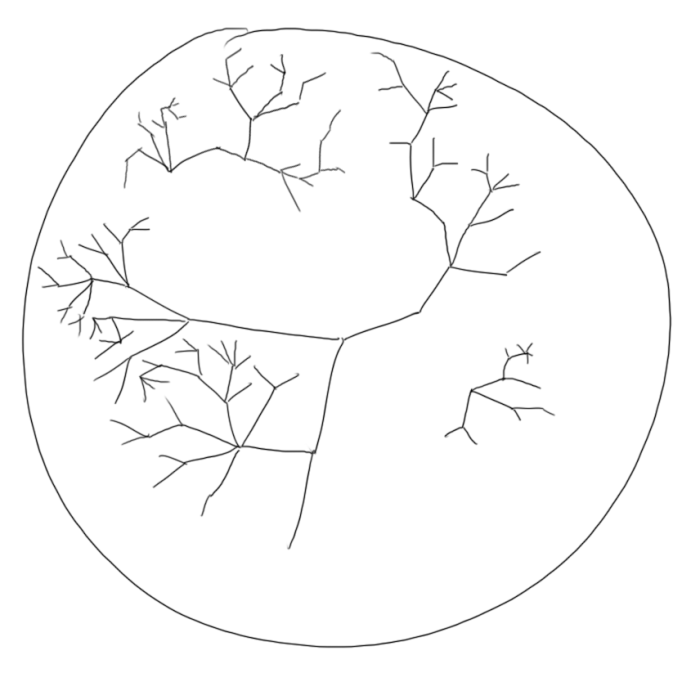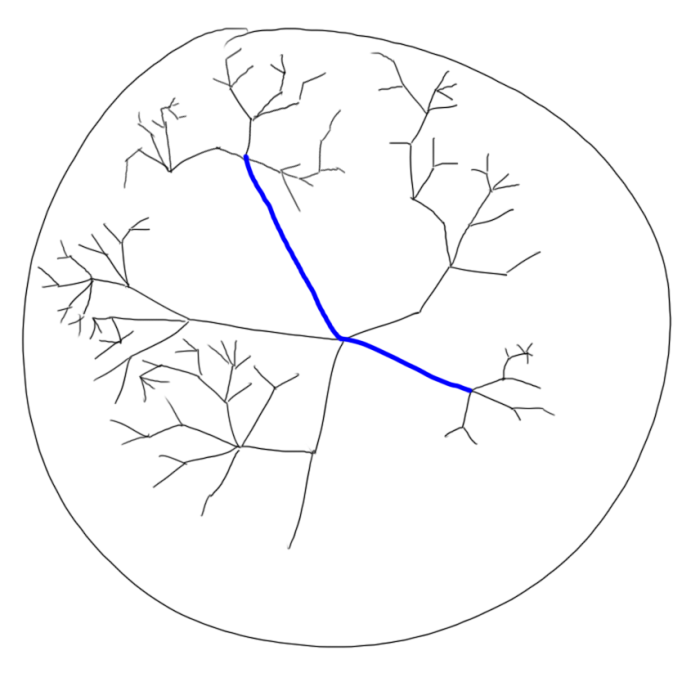weltanschauung Some thoughts on the process of developing my worldview
I have posted some of these thoughts elsewhere; I am re-iterating and expanding upon them here. These are somewhat wandering thoughts.
My old worldview was highly influenced by state education, officially-approved sources more generally, and vague impressions likely originating from the former two. While I had certain personal interests, they were not enough as a foundation on which to build a worldview on their own. Eventually, this state of affairs ended for at least a few reason:
- The defects of this worldview slowly accumulated over time until it reached a point where I could no longer consider it legitimate.
- I have become increasingly dissatisfied in being in a state of intellectual dependency – to rely upon the aforementioned sources or even upon a trusted associate. It was to realize that I had very little or no original thought of my own; I was merely a mouthpiece for someone else’s worldview.
- A trouble with relying on having others think on your behalf is that questions you have may never be answered; the answer must ultimately be sought by yourself.
I could no longer think with this old worldview. I had to discard it, and start again from a blank slate where possible – even things that would be considered rudimentary knowledge must be re-evaluated. Of course, it is not possible to literally do this comprehensively, but it was the intention. So these would be the possible fates of what has become of aspects of the old worldview:
- Integrated into my current worldview or discarded after a re-investigation and re-evaluation.
- Lingering in my worldview without my awareness of them.
- Left untouched if they seem to be trivial as far as I was concerned (though may be re-investigated and re-evaluated at a later time if that changed).
But developing my own worldview would require more than merely salvaging the old worldview where possible. This task requires doing my own research which involves both time and monetary investment. There are a few comments I will make on this (which may be stating the obvious, though they are things that struck me as notable).
- There is the question of whether anything has been accomplished at all in this attempt to construct a new worldview: have I always remained a mouthpiece for others, and all I accomplished was merely changing sources? Possible, though I do not think that is the case. Truly original ideas are a rarity. But I think I can at least safely say that particular combinations of ideas – with some more emphasized than others – that together synthesize into one’s worldview are more likely to be original. But of all the intellectuals from whom I have read, only a small minority of them have had a disproportionate impact in influencing my worldview (Pareto principle at work). Then, am I their mouthpiece? Possible, but I do not think so. One is that one must begin somewhere. I recall that, early in the development of my worldview, books seemed to have a wide scope because I had fewer points of reference. But as I have read more, the scope of each new book usually seemed to have shrunk as I would have to fit it in somewhere in my worldview which already contained various sets of knowledge. Also, as I read more books, they may have the effect of diminishing the influence of books I have read before by being contrary to them and being more convincing; or reinforcing the influence of books I have already read by being contrary but less convincing, reach similar conclusions by other means, or the subject of the book can be interpreted through the insights of said previous book.
- In developing my worldview, I have acquired sets of knowledge that are related to one another with some framework. But, there would be various sets within my worldview that are seemingly unrelated to one another, or otherwise the relations between them are not immediately obvious (illustration below depicts something like this, with three disjointed sets of knowledge).
But there may arise a particular source that unifies these previously seemingly unrelated sets of knowledge into a greater unifying framework (illustration below depicting the previously disjointed sets of knowledge now unified under a common framework).
It is easy to find things on which one is ignorant and start a new set of knowledge within one’s worldview. But it is rare to find works that unifies the various pre-existing sets of knowledge one has under a coherent framework. The sense of clarification I have received from the former is different from the latter. To attempt to explain it, I suppose because the latter has a far more fundamental effect on one’s worldview, the sense of satisfaction that is derived from the acquisition of this particular type of knowledge is very acute.
- One thing I find highly interesting is to see how intellectuals influence one another, whether this is limited to specific ideas or their entire worldview. I have read books where one references the other: to take notice of how the author interprets the ideas, and how he uses them for himself -- whether it is to dispute them or to expand upon them.
Edited by Luna the Great of all the Russias
-
 1
1






3 Comments
Recommended Comments
Create an account or sign in to comment
You need to be a member in order to leave a comment
Create an account
Sign up for a new account in our community. It's easy!
Join the herd!Sign in
Already have an account? Sign in here.
Sign In Now